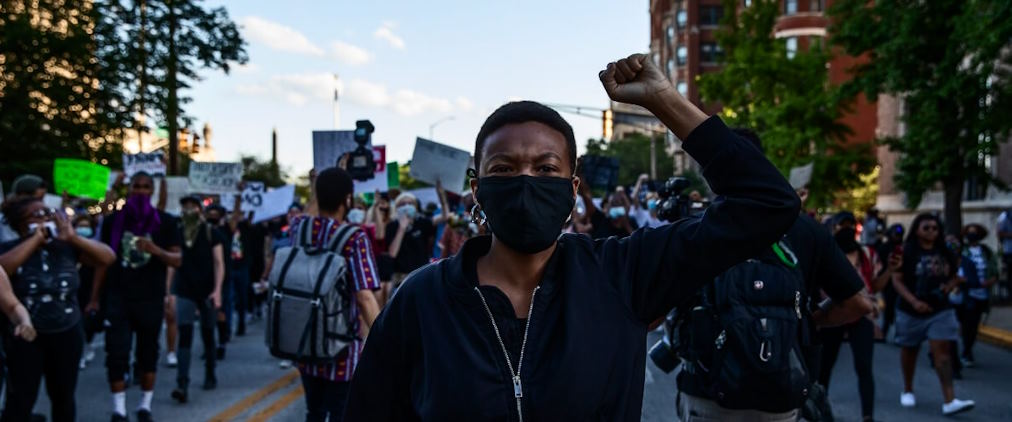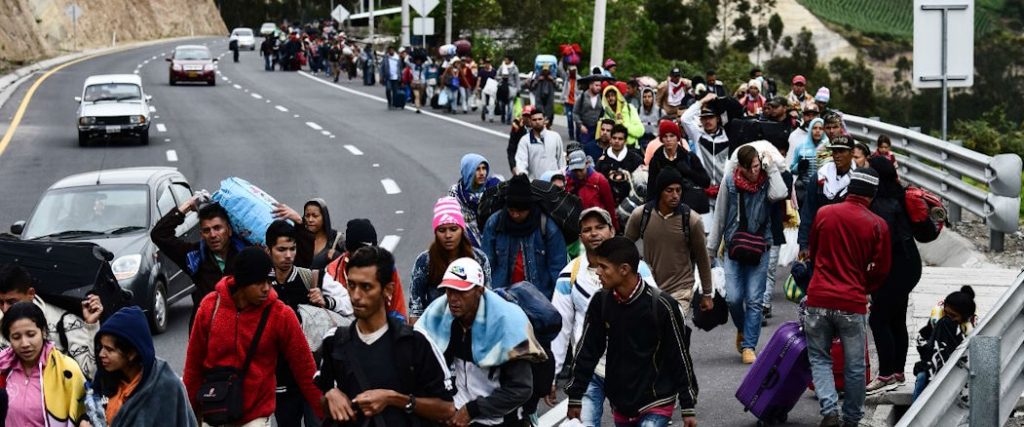Active citizen participation is the cornerstone of a vibrant and thriving democracy. In Europe, where democratic values are deeply rooted, the engagement of individuals in political processes plays a crucial role in shaping the direction of society. From influencing policy decisions to holding elected officials accountable, European citizens have various avenues through which they can actively participate in politics.
How can Europeans take part in politics?
Europeans have several avenues through which they can actively take part in politics. Here are some key ways in which Europeans can engage in political processes:
Voting in Elections
One of the most fundamental ways Europeans can participate in politics is by exercising their right to vote. Whether it’s local, national, or European Parliament elections, casting a ballot allows citizens to have a say in choosing their representatives and influencing the direction of governance.
Joining Political Parties
Europeans can engage in politics by joining political parties aligned with their beliefs and values. By becoming party members, individuals can shape party platforms, participate in internal decision-making processes, and even run for political office.
Engaging in Civil Society Organizations
Getting involved in civil society organizations, such as non-governmental organizations (NGOs), advocacy groups, and grassroots movements, allows Europeans to contribute to political change. Individuals can influence public discourse and policy outcomes through activism, advocacy, and mobilizing support for various causes.

Participating in Public Consultations and Petitions
Governments and institutions often organize public consultations to seek input on policy decisions. Europeans can actively participate by sharing their opinions, suggestions, and concerns. Additionally, signing petitions or participating in collective actions can help raise awareness and influence policy debates.
Engaging in Digital Politics
With the advent of digital platforms and social media, Europeans can engage in political discussions, express their opinions, and mobilize support for causes online. Through social media activism, online campaigns, and digital advocacy, individuals can make their voices heard and connect with others who share similar interests.
Participating in Protests and Demonstrations
Peaceful protests and demonstrations have long been powerful tools for political participation. Europeans can express their dissent, draw attention to important issues, and demand action from policymakers by taking to the streets. Such collective action has the potential to bring about social and political change.
Engaging with Local Communities
Europeans can actively participate in politics by engaging with their local communities. Attending town hall meetings, community gatherings, and neighborhood associations provides opportunities to voice concerns, suggest improvements, and collaborate with others to address local issues.
Running for Political Office
For those passionate about making a direct impact, running for political office is an avenue to consider. Europeans can actively shape policies, represent their constituents, and contribute to decision-making by seeking elected positions at various levels.


